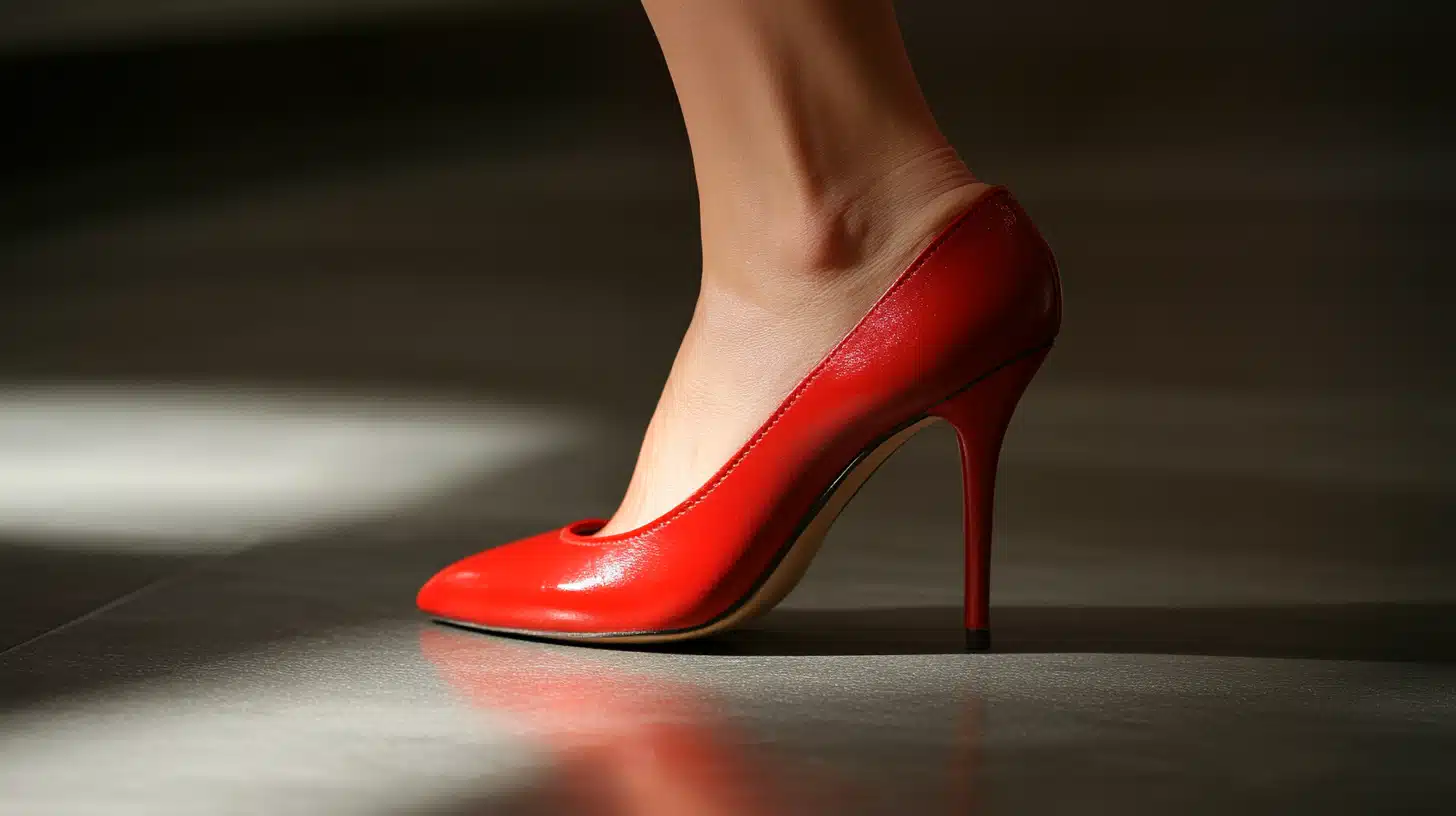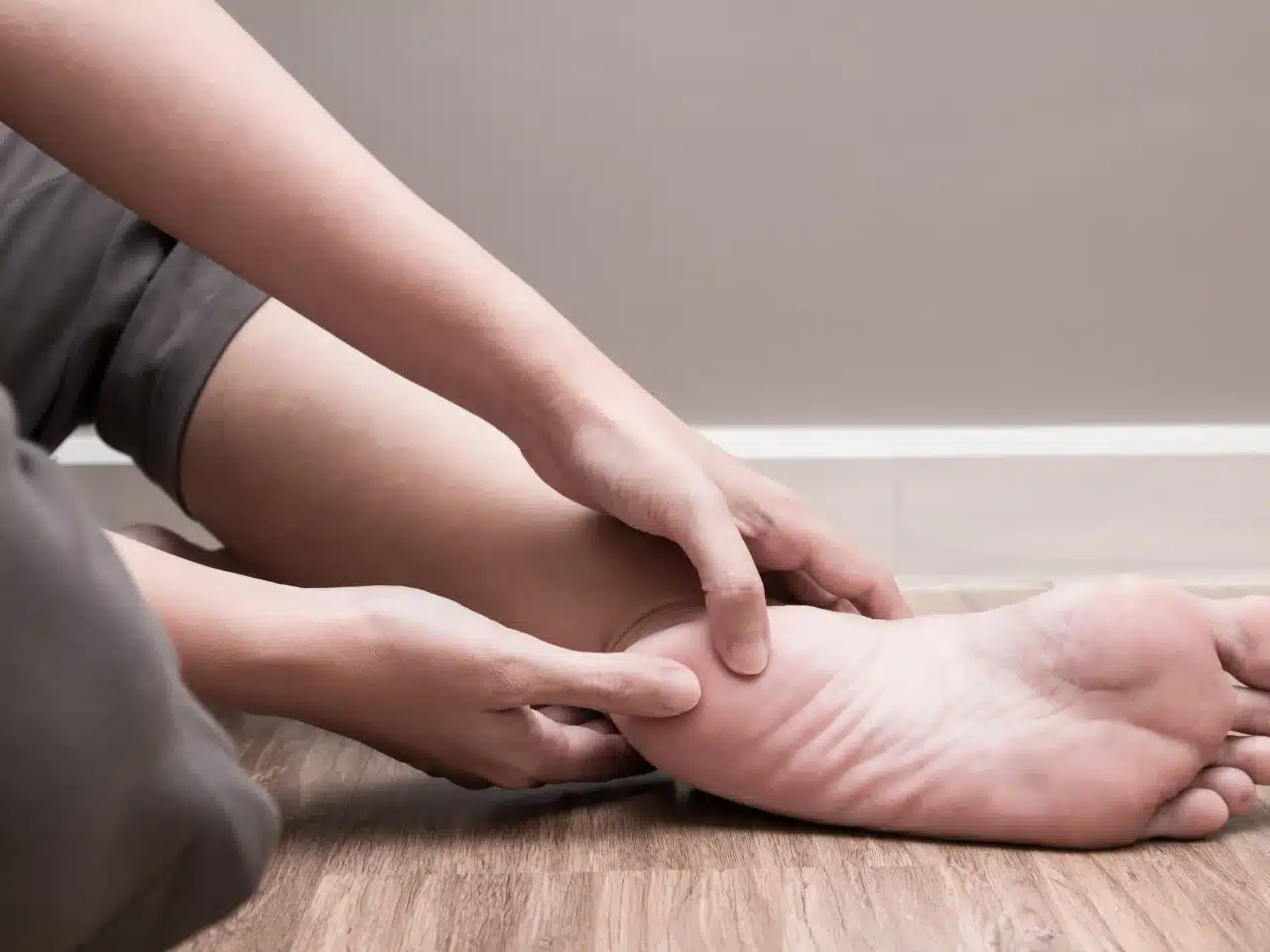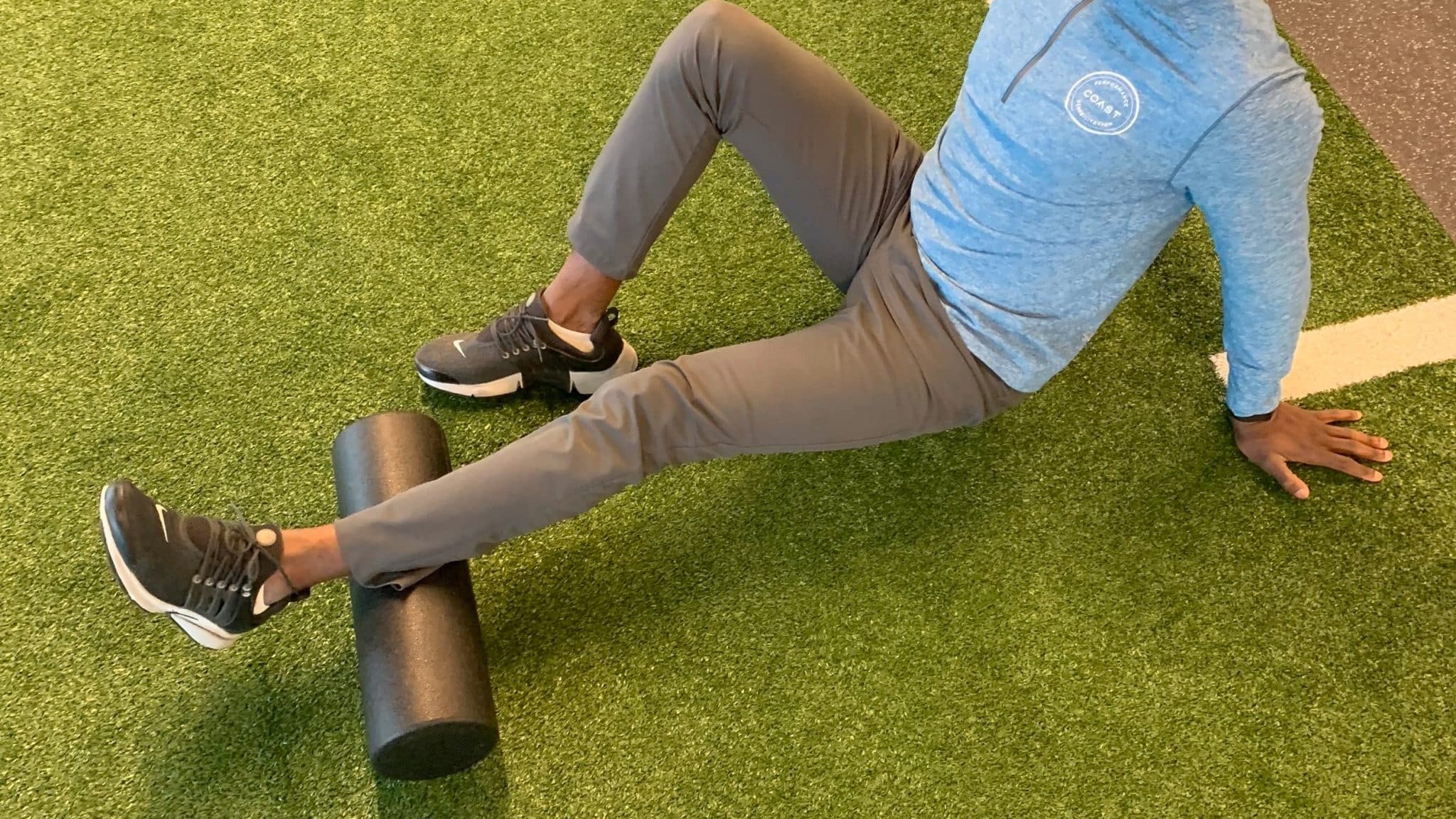
Heel pain can be a frustrating and limiting condition, affecting your ability to walk, stand, or exercise comfortably. Whether it’s caused by plantar fasciitis, heel spurs, or other foot conditions, finding quick relief is essential. In this article, you will learn the nine proven tips that will help you treat your heel pain fast and get back to your normal activities.
1. Rest and Avoid Strain

One of the most effective ways to relieve heel pain is to rest your feet and avoid activities that put pressure on your heels. Walking long distances, running, or standing for prolonged periods can worsen the pain. If possible, reduce your physical activity and give your heel time to heal. Furthermore, you need to avoid activities like jumping or wearing high heels that can strain your foot further.
2. Put Ice to the Affected Area
Keep in mind that applying ice is an effective way to lessen inflammation and numb the pain in your heel. Ice helps constrict blood vessels and reduces swelling, which can bring immediate relief. Aside from that, you should apply it to your heel for 15-20 minutes every few hours, especially after walking or standing for long periods.
3. Wear Supportive Footwear
Always remember that wearing the right shoes can make a big difference in managing heel pain. Shoes that provide proper arch support, cushioning, and a firm heel can help reduce strain on your feet. Also, avoid sandals or shoes with thin soles or high heels. Instead, you should opt for comfortable sneakers with good arch support, or orthotic insoles that help distribute weight evenly.
4. Use Heel Pads or Cushions
Don’t forget that heel pads or cushions are designed to relieve pressure and cushion the heel area. These devices fit inside your shoes and provide additional comfort, especially during activities like walking or standing. In addition, using heel pads or cushions help reduce the impact on the heel, making it easier to move without pain. Moreover, look for gel-based heel cushions for extra comfort and support.
5. Stretch Your Feet and Calves

Tight muscles in your feet or calves can contribute to heel pain. Regular stretching exercises can help alleviate tension and improve flexibility. Take note that doing a simple stretch involves standing with your hands against a wall and one foot behind you. Also, make sure to press your heel down firmly and maintain the stretch for 30 seconds. Repeat this stretch several times a day to reduce tightness.
6. Try Over-the-Counter Pain Relievers
Non-steroidal anti-inflammatory drugs (NSAIDs) like ibuprofen are especially helpful in managing inflammation caused by conditions like plantar fasciitis. Always follow the recommended dosage instructions and consult a doctor if you’re unsure about which medication is right for you.
7. Apply Heat for Stiffness
While ice is effective for reducing inflammation, heat therapy can help if your heel feels stiff. Applying heat can improve blood circulation and relax tense muscles, which helps ease pain and stiffness. Use a heating pad or warm towel and apply it to your heel for 15-20 minutes. However, you need to make sure that the heat is not too hot to avoid burns.
8. Consider Physical Therapy
If your heel pain is persistent, seeking help from a physical therapist can be beneficial. A physical therapist can create a personalized heel pain treatment plan that includes specific exercises to strengthen the muscles in your feet and legs. These exercises can also improve your posture and alignment, which help prevent future heel pain. Physical therapy is especially helpful for conditions like:
- Plantar fasciitis
- Heel spurs
9. Try Night Splints
For individuals with plantar fasciitis, night splints are worn while you sleep and keep your foot in a stretched position. This can help reduce the morning pain and stiffness that is common with plantar fasciitis. By gently stretching the plantar fascia overnight, night splints can promote healing and provide lasting relief. Talk to your doctor or a podiatrist to determine if night splints are right for you.
Step Into Relief with the Right Care!
Having heel pain can impact your daily activities, but with the right treatment and self-care strategies, relief is possible. By following these nine proven tips, you can effectively treat heel pain and reduce discomfort. Remember that consistency is key, and if your pain persists, consult a healthcare professional to rule out any underlying conditions and find a treatment plan tailored to your needs.
